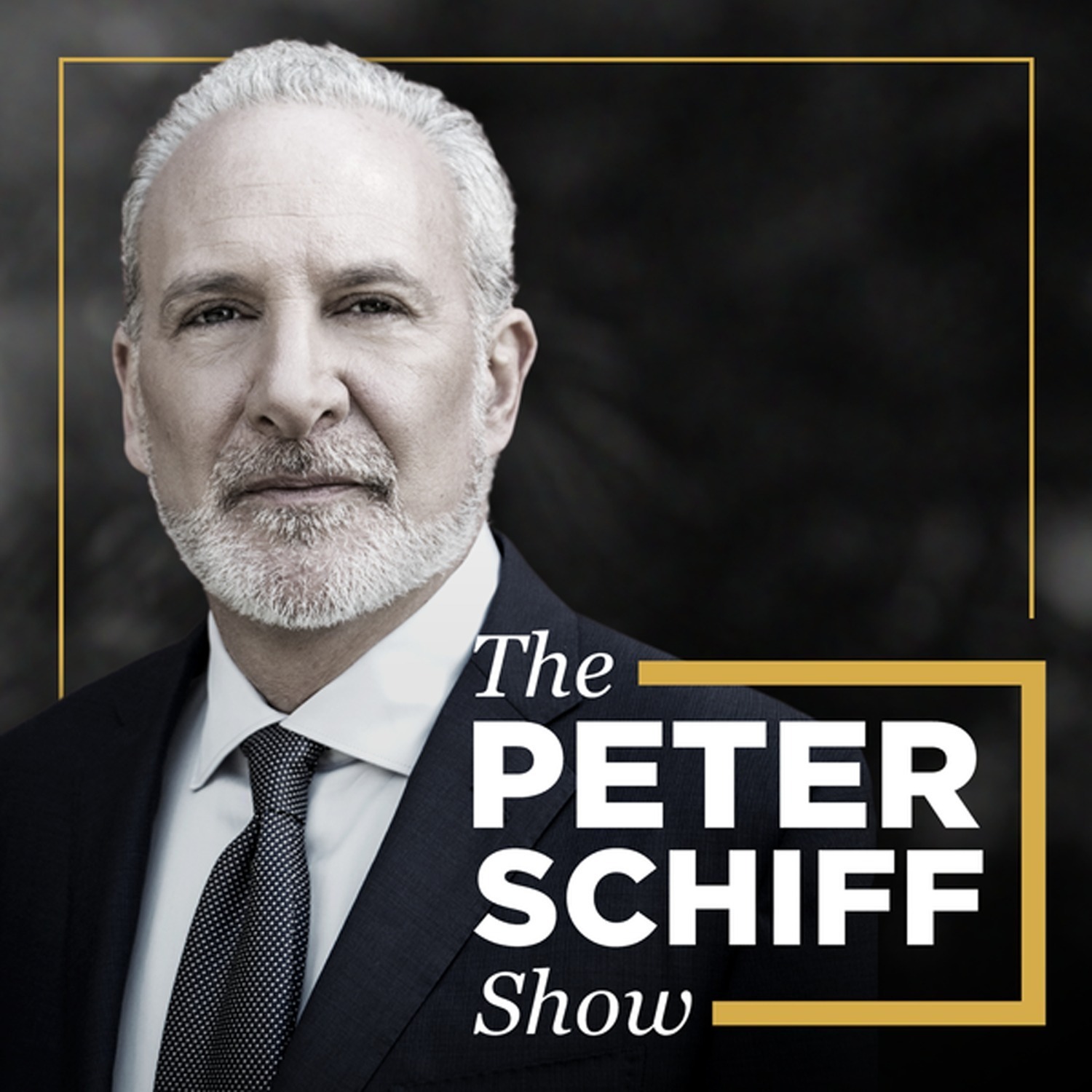Even Cramer Can See Bullard Is Blind Ep. 147

\n\t* The rally in the U.S. stock market continues, the Dow closing up more than 212 right at the high of the day
\n\t* It's not just the Dow Jones that is rising, and by the way, this is the highest the Dow Jones has closed since early January, so it's better than a one month high
\n\t* Oil prices closed above $33/barrel for West Texas, again that's the highest level since early January
\n\t* The dollar is weak across the board, in fact the Canadian dollar hit a 3-month high today against the U.S. dollar - this currency has really been beaten up until recently
\n\t* Gold, higher again today, up about 4 or 5 bucks, it closed above $1232
\n\t* What is behind the rally? I think it is the deluge of bad economic news that keeps raining down on this market
\n\t* I believe more and more people are beginning to realize that the Fed is not only not going to be raising interest rates in 2016, but they will cut them, and do another round of economic stimulus and that's is what is saving the market
\n\t* The question is, with the Fed actually validate those expectations?
\n\t* Even Jim Cramer of CNBC can see there's a recession
\n\t* I just put up an article on my Facebook page yesterday, Cramer is saying the Fed is blind and can't see the recession
\n\t* Maybe Cramer has been listening to my podcasts...
\n\t* Do you remember the famous interview with Jim Cramer and Erin Burnett that went viral and he went on a rant about the Fed, "They know nothing!"
\n\t* You've got Cramer calling out the Fed for not appreciating the weakness in the economy and calling on them to do something
\n\t* I think they are going to do something, they're not just going to turn a deaf ear to the economy
\n\t* But the Fed is still officially sticking to the party line
\n\t* Today I wanted to talk about the CNBC interview with Jim Bullard
\n\t* First, he told Matt Belvedere he was concerned that "inflation expectations" were too low
\n\t* Of all the things you're going to worry about as a central banker, you're going to worry about the fact that people don't expect enough inflation?
\n\t* Historically that would be a victory - that's what you want as a central banker
\n\t* You want to stamp out the fear of inflation
\n\t* What Bullard wants is more fear - he wants people to expect even higher inflation than they currently experience
\n\t* Why would he want that?
\n\t* Supposedly the lack of belief that inflation is going to be higher is somehow holding back the economy
\n\t* Bullard believes inflation is going to be higher; why is he upset that the public doesn't believe it, too? Why?
\n\t* How does the expectation of higher inflation help an economy?
\n\t* The only thing that's good about inflation is if you're a debtor; if you borrowed money, inflation will help ease the pain of that debt
\n\t* You would figure the last thing the Fed would want is for people to expect higher inflation, because what would happen to bond holders?
\n\t* Bond holders would not want to hold bonds at low rates; they would demand higher interest on those bonds, which would crush the government because they don't have the money
\n\t* It would also crush the Fed, because the Fed's balance sheet is loaded up with long-term government bonds that yi...\n\nOur Sponsors:\n* Check out Ethos: ethoslife.com/GOLD \n\nPrivacy & Opt-Out: https://redcircle.com/privacy